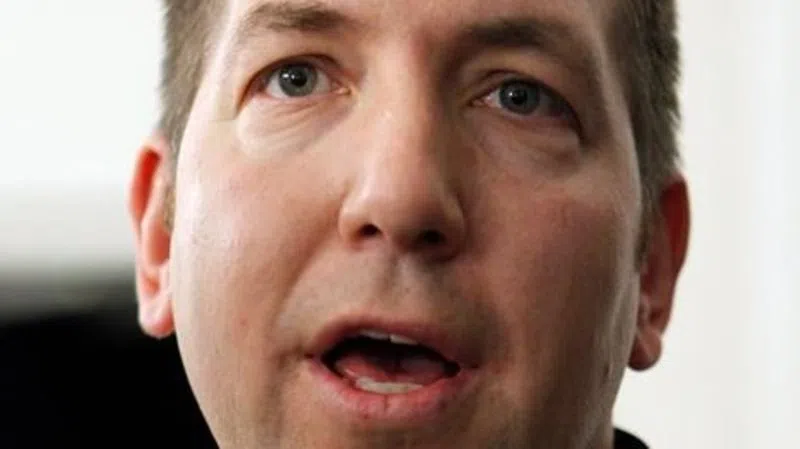
Hockey Canada backs Scott Salmond after anti-doping suspension upheld
Hockey Canada is backing senior vice-president of national teams Scott Salmond after his suspension for an anti-doping rule violation was upheld by the Court of Arbitration for Sport.
Salmond was banned one year by the International Ice Hockey Federation’s independent disciplinary board when it concluded he prevented a doping control officer from collecting a urine sample from a Canadian player in December 2017 at the Channel One Cup in Moscow.
The six-country tournament was part of Canada’s preparations for the 2018 Pyeongchang Winter Olympics — the first Games since 1994 not to feature NHL players.
“We take the issue of doping very seriously, and as a world leader in sport we value and are committed to the standards of clean and ethical sport,” Hockey Canada CEO Tom Renney and president COO/Scott Smith said in a joint statement Tuesday. “We do not condone doping in any way. However, we do take the protection and integrity of our players, both on Canadian soil and overseas, very seriously.


